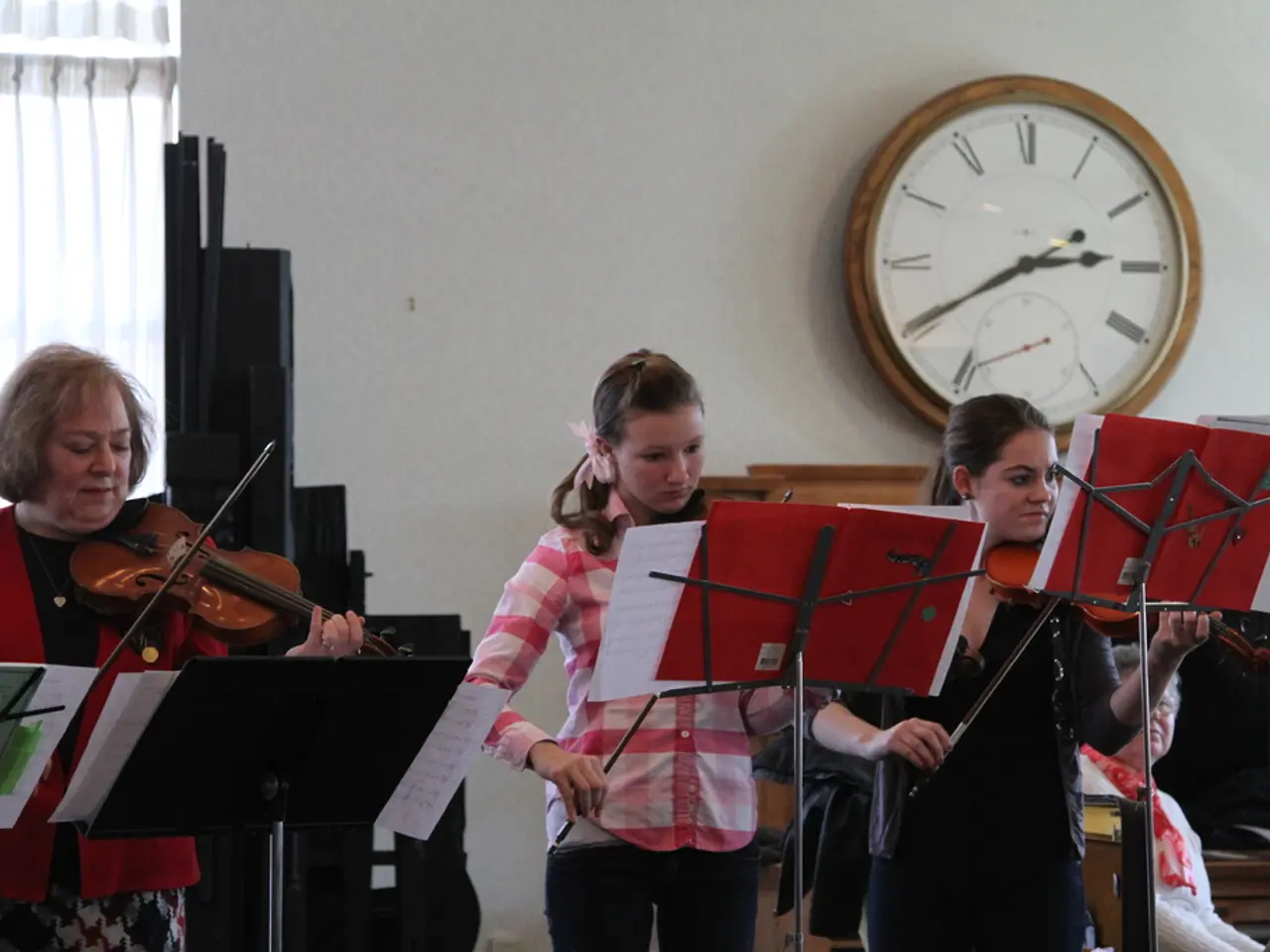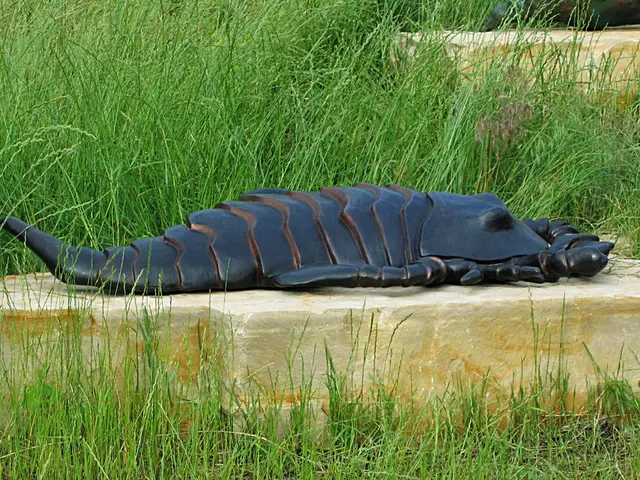Concert disrupted in Mexico City as Maluma reprimands audience member for bringing an infant to the performance
In a notable display of concern for the wellbeing of young fans, Colombian urban-pop star Maluma recently halted a concert in Mexico City to address a mother who had brought her 1-year-old baby to the show without hearing protection.
The incident, which occurred during Maluma's "+Pretty +Dirty World Tour" at the Palacio de los Deportes, was reported by several media outlets including El Financiero, Sopitas, NBC News, Infobae, and Quién. Maluma criticized the mother for her irresponsibility and compared the baby to a toy, emphasizing the importance of protecting children's hearing in such environments.
Healthcare experts agree that concert noise can easily exceed 100 decibels, which is harmful even for short periods, and can cause temporary or permanent hearing loss including tinnitus. Since infants and young children are especially vulnerable to Noise-Induced Hearing Loss (NIHL), it is critical that they wear well-fitting hearing protectors when exposed to loud music.
Maluma, a major figure in Latin music for over a decade, has advocated for the use of infant-specific ear protection like earmuffs or earplugs designed to safely reduce loud sounds. He has shown this week in Monterrey on Wednesday and in Zapopan (adjacent to Guadalajara) on Friday and Saturday.
Johns Hopkins Medicine warns that regular exposure to noises above 85 decibels can cause hearing loss. Pediatrician Sophie J. Balk explains on the HealthyChildren.org website that concerts, fireworks, sporting events, and other "loud noise can damage a child's hearing."
Maluma's comments initially received boos from the crowd, but he won them back by focusing on the child's welfare. Videos of the admonishment went viral across social media, with many users praising Maluma's concern for the baby's hearing. Others argued that the mother might not have had childcare options or been aware of the risks.
Maluma, whose real name is Juan Luis, is known for hits such as "Borró cassette," "Hawái," and "Felices los 4." He has collaborated with artists such as Shakira and Ricky Martin. Maluma has been nominated for 18 Latin Grammy Awards, with one win, for best contemporary pop vocal album with "F.A.M.E." in 2018. His Wednesday, Friday, and Saturday concerts in Mexico City were his first in the country in three years.
In summary, Maluma's actions highlight the importance of using appropriate hearing protection for infants at live concerts. The key measures are using infant-specific ear protection like earmuffs or earplugs designed to safely reduce loud sounds, ensuring the ear protection fits well and is worn throughout the concert, and parents and guardians being vigilant and proactive. This guidance aligns with CDC recommendations to prevent NIHL from loud music exposure in youth and infants.
- Maluma's actions during his concert in Mexico City, advocating for the use of infant-specific hearing protection, have been widely reported in news outlets such as El Financiero, Sopitas, NBC News, Infobae, and Quién.
- Healthcare experts, including Johns Hopkins Medicine, emphasize the importance of protecting children's hearing in loud environments, such as concerts, due to the potential risks of Noise-Induced Hearing Loss (NIHL).
- Maluma, a renowned figure in the entertainment industry known for his hits and collaborations with artists like Shakira and Ricky Martin, has shown his concern for the health and wellbeing of his fans, especially young ones, by championing the use of hearing protection at live concerts.







